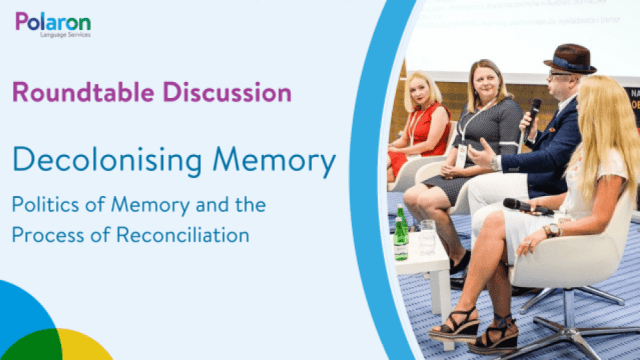
On 28 February, 2024, ANUCES held a roundtable on Decolonising Memory: Politics of Memory and the Process of Reconciliation.
Collective memory plays an important role in politics and society. It makes a community form its internal policy, decide about its external relations and shape its collective identity. Engaging with discourses of national identity leads to reflecting on the past and ways in which memory shapes who we are.
In the context of ongoing reconciliation debates, it seems pertinent to reflect on ways in which different “pasts” – of Indigenous Australians, Anglo-Australians, as well as refugees, migrants, and their descendants, are expressed, converge or diverge, and impact one another. It is important to consider what a multicultural fabric of Australia may mean for its collective memory and identity, and how transnational memory discourses could encourage mnemonic change in Australia to support processes of reconciliation.
In this roundtable, participants collectively reflected on topics of:
· What have we learned from the Uluru process and the 2023 Referendum?
· What is the role of language in memory politics, the processes of remembering and reconciliation?
· What does language politics imply within and beyond the context of decolonization?
· What is the role of translators, educators, social workers and those who work between communities and cultures?
· Ways to mobilize diverse communities to engage with the reconciliation process, if they do not share a common past, struggle with silences within their primary cultures or experienced other forms of mnemonic violence?
The event was held as a part of the Remembering Across Continents project of the Jean Monnet activities.